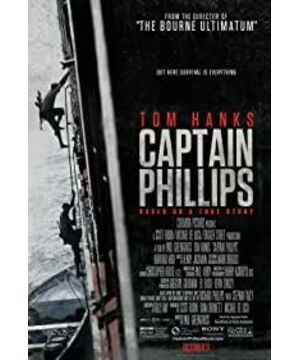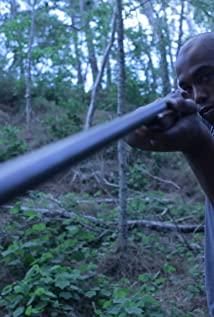First of all, it's surprising that this genre hasn't been made commercial or thematic, because it's just too easy to fall into the rut. Greengrass's previous work "The Green Zone" was inaccurate due to its inaccurate positioning, and the expression of humanistic care was rather naive, which made both sides unflattering, and the overall level was not satisfactory, but this film has obviously grown a lot, with a clear positioning and no sassafrass. The side ball, single-mindedly made a feature film, on the contrary, he has carried forward his rhythm control advantage of making handheld photography action films for so many years, giving the film an exciting rhythm and rhythm that is different from ordinary feature films. feel. This characteristic makes people not look at the story calmly as a bystander as usual, but devote themselves to the whole process and achieve a harmonious synchronization. And the appropriate and capable narrative mode also makes the whole story clear and easy to understand. The first part of the double line is displayed simultaneously, and it is not rushed into one, and then it becomes a single line narrative that he is good at, supplemented by branch lines and small cut mirrors to adjust the rhythm, without too many unnecessary disturbances, just to brew the final climax , and the various episodes in the middle did not have the feeling of declaring the army to seize the master. Instead, they kept adding firewood and fire, which was just right. But don't forget what the film is all about - a drama with a human touch, and that's what Greengrass has worked so hard to do before. This kind of humanistic concern is hidden behind the appearance, and as the plot develops, it is gradually revealed on both sides of the enemy and the enemy. The moment the gunshots rang out, all the howls that accompanied Captain Philip's collapse were released. From then on, the general director's practice is usually to stop abruptly, and then lay out a panoramic narration as the ending. If this is the case, then the film will not be guaranteed at night, and it will fall into a cliché. But this film starts from here, following the perspective of Captain Philip, allowing the audience to experience the aftershocks after the fright with him. Hanks's several minutes of acting as a movie king further fermented the emotions that the audience had accumulated and erupted before. A second orgasm was reached. Such a calm and unconventional handling perfectly demonstrates the superb handling techniques and amazing recoil of the film, which is impressive. This finishing touch is not only a breakthrough in conventional practices, but more importantly, it also breaks through Green's Glass himself used to make routines at the end of his own work, and through this, he surpassed himself and reached a new height, which is really commendable.
View more about
Captain Phillips reviews











